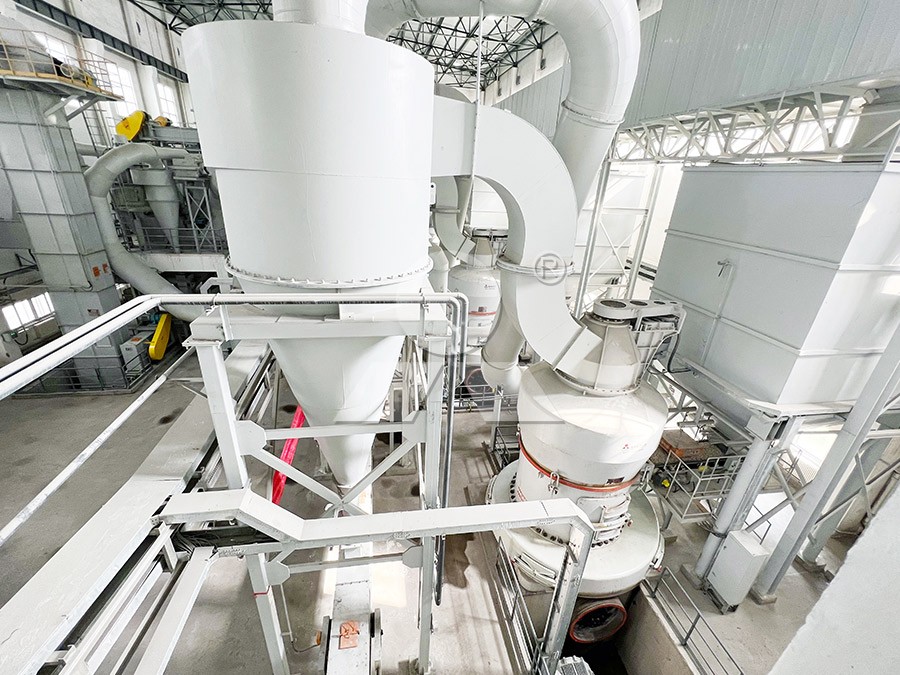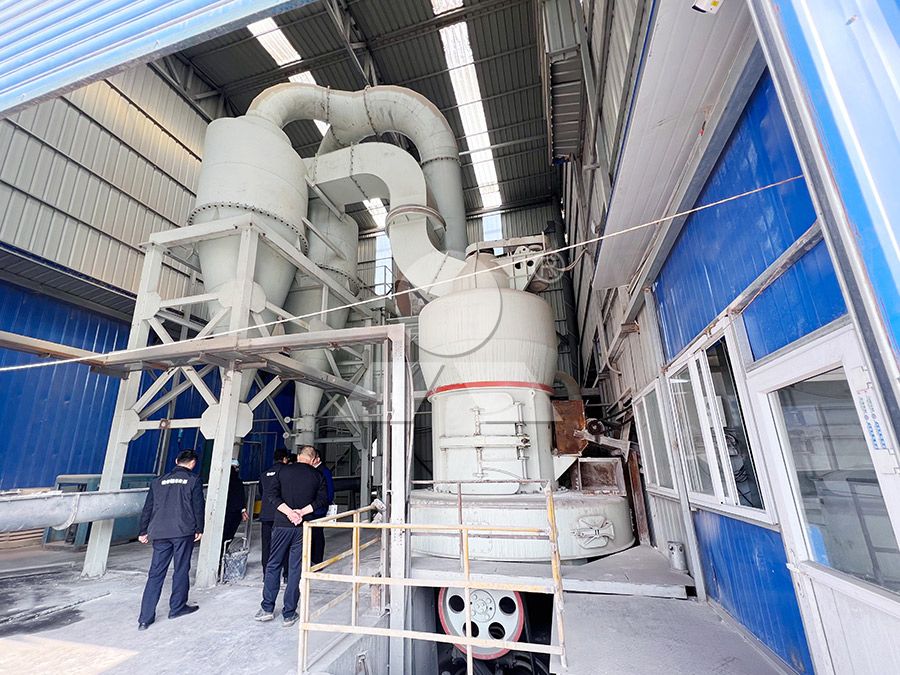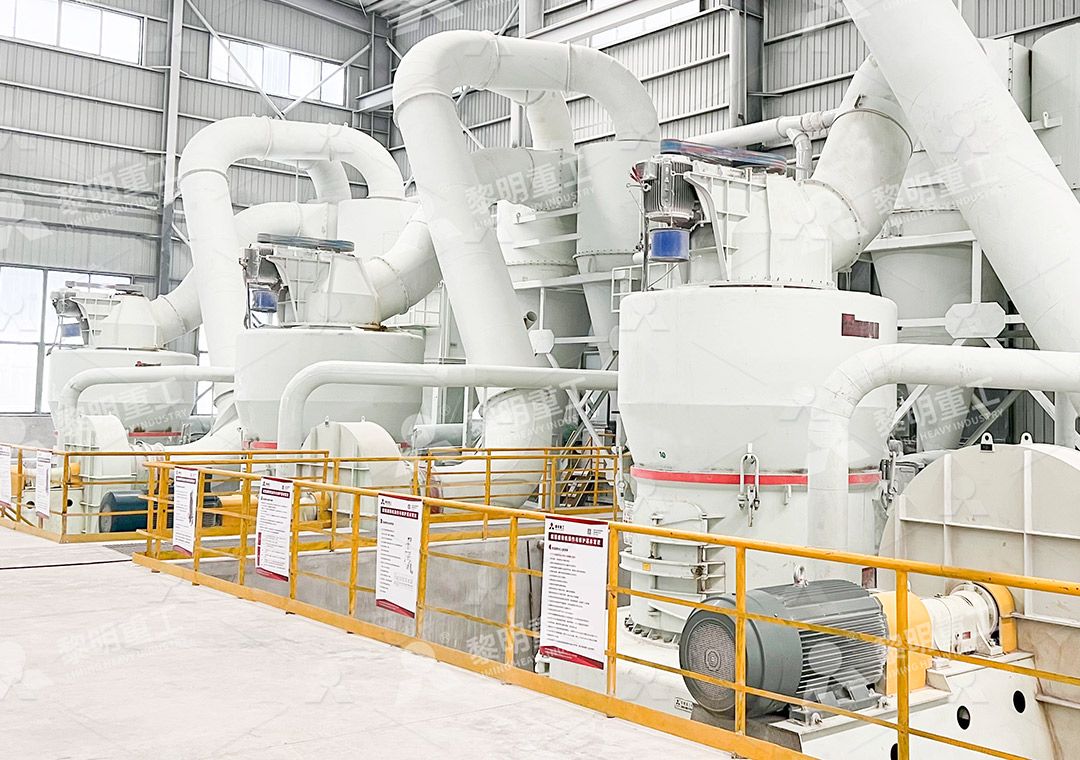Raymond Mill for Limestone Grinding in Baicheng, Jilin
We provide a wide range of mills — including Raymond mill, trapezoidal mill, vertical mill, ultrafine mill, and ball mill, obtained ISO9001 international quality certification, EU CE certification, and Customs Union CU-TR certification. Suitable for processing minerals such as limestone, phosphate, quicklime, kaolin, talc, barite, bentonite, calcium carbonate, dolomite, coal, gypsum, clay, carbon black, slag, cement raw materials, cement clinker, and more.
The discharge range of these mills can be adjusted to meet specific processing needs, typically from 80-400 mesh, 600-3250 mesh, and can achieve the finest particle size of up to 6000 mesh(D50).
If you are looking for a reliable grinding solution to turn stone or minerals into fine powder, please feel free to contact our online customer service.
Raymond Mill for Limestone Grinding in Baicheng, Jilin
The mineral-rich region of Baicheng in Jilin Province presents unique opportunities and challenges for limestone processing operations. With abundant limestone deposits supporting various industrial applications, selecting the right grinding equipment becomes paramount for operational efficiency and product quality. While traditional Raymond mills have served this industry for decades, technological advancements have introduced more sophisticated solutions that address modern production demands.

Local operators in Baicheng often face specific challenges including extreme temperature variations throughout the year, stringent environmental regulations, and the need for consistent product quality across different limestone hardness levels. These factors necessitate grinding equipment that not only performs reliably but also adapts to changing conditions while maintaining operational efficiency.
The Evolution Beyond Traditional Raymond Mills
While conventional Raymond mills have been workhorses in the industry, newer technologies offer significant advantages in energy efficiency, product fineness control, and environmental compliance. The traditional Raymond mill, with its capacity of 0.6-5 tph for materials under 25mm, serves as a baseline for comparison when evaluating modern alternatives.
Operations in Baicheng particularly benefit from equipment that can handle the specific characteristics of local limestone, which often contains variations in silica content and moisture levels depending on the quarry source. The seasonal climate changes also demand robust equipment that can maintain performance through Jilin’s cold winters and humid summers.

Advanced Solutions for Modern Limestone Processing
For operations requiring ultra-fine limestone powder with precise particle size distribution, the MW Ultrafine Grinding Mill presents an excellent solution. This advanced mill handles input sizes of 0-20 mm with capacities ranging from 0.5-25 tph, making it suitable for various production scales found in Baicheng. Its innovative design features higher yielding with lower energy consumption – achieving 40% higher production capacity than jet grinding mills with system energy consumption reduced to just 30% of comparable equipment.
The MW Ultrafine Grinding Mill’s adjustable fineness between 325-2500 meshes allows operators to precisely target specific product specifications demanded by different industries. For limestone applications in plastics, paints, or construction materials, this control over particle size distribution proves invaluable. The absence of rolling bearings and screws in the grinding chamber eliminates common failure points, reducing maintenance downtime – a significant advantage in remote locations where technical support may not be immediately available.
Another noteworthy option for Baicheng operations is the LUM Ultrafine Vertical Grinding Mill, which combines Taiwanese grinding roller technology with German powder separating technology. With an input size of 0-10 mm and capacity of 5-18 tph, this mill excels in producing superfine dry powder of non-metal ores including the limestone varieties common in Jilin. Its double position-limiting technology ensures stable operation even during power fluctuations or material feed variations.
Environmental Considerations for Baicheng Operations
Jilin Province’s environmental regulations require careful attention to dust and noise emissions. Modern grinding mills address these concerns through integrated pulse dust collectors and mufflers that minimize environmental impact. The MW Ultrafine Grinding Mill specifically incorporates efficient pulse dust collection ensuring no dust pollution during operation, while silencers and noise elimination rooms reduce acoustic emissions to compliant levels.
This environmental focus aligns with Baicheng’s development goals, allowing limestone processors to maintain sustainable operations while meeting production targets. The fully enclosed systems prevent material loss and protect workers from exposure to fine particulates.

Economic Advantages in the Baicheng Context
The economic calculation for limestone grinding operations in Baicheng must account for not only initial equipment costs but also long-term operational expenses. Advanced mills with higher energy efficiency significantly reduce electricity consumption – typically one of the largest operational costs in grinding applications. The reduced maintenance requirements of modern designs also decrease downtime and extend equipment lifespan, improving return on investment over time.
For operations processing Baicheng’s limestone for export markets, the consistent product quality achievable with advanced grinding technology enhances market competitiveness. The ability to reliably produce powders with specific characteristics opens opportunities in higher-value applications beyond traditional construction uses.
Frequently Asked Questions
What makes Baicheng’s limestone unique for grinding applications?
Baicheng’s limestone deposits vary in composition, with some areas producing high-purity calcium carbonate while others contain different mineral inclusions. This variation requires grinding equipment that can adapt to changing material characteristics without compromising product quality or operational efficiency.
How does extreme weather in Jilin affect grinding operations?
Jilin’s temperature extremes – from cold winters to warm summers – can affect material moisture content and equipment performance. Modern grinding mills with advanced sealing systems and temperature compensation features maintain consistent operation despite these environmental challenges.
What production capacity range is typical for Baicheng limestone processors?
Operations in the region vary from small specialized producers (1-5 tph) to larger commercial operations (10-25 tph). Equipment selection should consider not only current needs but also potential expansion, making modular or scalable systems advantageous.
How important is particle size distribution for Baicheng limestone products?
Extremely important. Different applications require specific particle distributions – construction materials may tolerate broader ranges while industrial fillers and chemical applications demand tight control. Advanced grinding technology enables producers to target multiple markets with the same base material.
What environmental compliance factors are most critical in Jilin Province?
Dust emissions, noise levels, and water usage are primary concerns. Modern grinding systems address these through closed-loop designs, efficient filtration, and minimal water requirements, ensuring compliance with local regulations.
